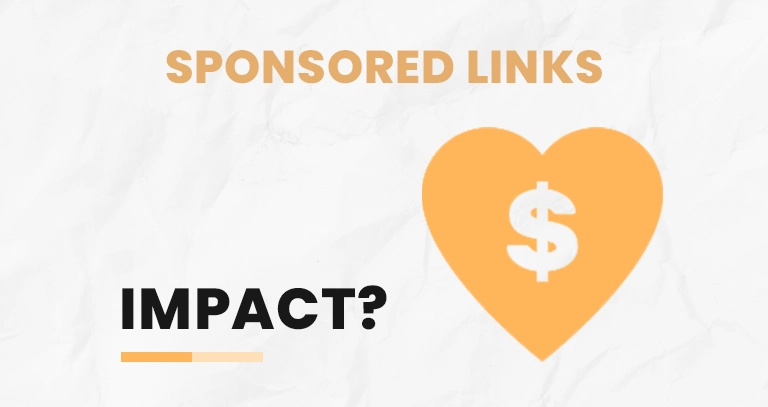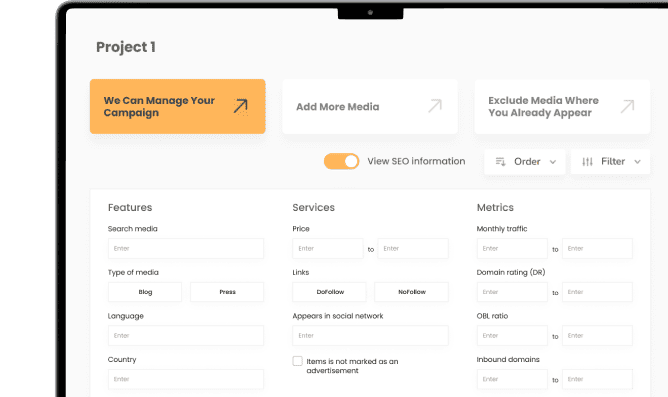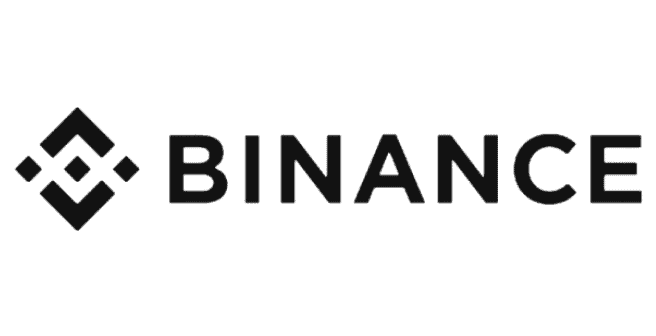
In the world of link building, one of the most important aspects is understanding how different types of links impact a website’s SEO strategy. In particular, links marked as “sponsored” can create confusion about their value and their effects on search algorithms. In this article, we will explore how sponsored links affect link building, their SEO implications, and the best practices for using them effectively.
What is a Sponsored Link?
A sponsored link is a paid link that generally aims to redirect users to a specific page. These links are tagged with the rel="sponsored" attribute, indicating that the link has been acquired through some form of financial agreement, either a direct payment or a service exchange.
Sponsored links should not be confused with natural links or links obtained through organic link building techniques. Instead, they are more commonly associated with paid content, such as sponsored posts on blogs, brand mentions in articles, or affiliate links.
The Impact of Sponsored Links on SEO
1. Loss of value in terms of “link juice”
One of the main concerns regarding sponsored links is that search engines, like Google, tend not to transfer “link juice” or link value through them. “Link juice” is the authority or value that a link passes from one page to another, and sponsored links, being tagged with the rel="sponsored" attribute, are typically ignored in terms of ranking impact.
This means that a sponsored link may not directly improve the ranking of the destination page in search engines. However, they remain useful for other aspects, such as generating direct traffic, increasing brand visibility, and attracting a specific audience.
2. Compliance with Google’s guidelines
Google has clear rules about sponsored links and how they should be marked. While sponsored links do not transmit the same SEO value as natural links, their correct use and tagging ensure that Google’s guidelines are being followed. That is, if they are not tagged correctly, they could be considered “manipulative links” and penalized, which would negatively affect the SEO ranking of the site publishing the link.
To avoid issues, it is essential to include the rel="sponsored" attribute in sponsored links. This also helps maintain transparency and prevents potential penalties from search engines.
3. Potential to attract direct traffic
Although sponsored links do not directly influence SEO rankings, they are still an excellent tool for driving traffic to your site. The relevance of the site where the link is published, along with its specific audience, can generate a significant amount of qualified visits.
This can be especially beneficial if you are trying to reach an audience that might not find your website through organic results. For example, if you pay for a link on a popular tech blog, readers interested in the topic of your website will likely click the link and visit your page.
4. Generation of quality backlinks
Although sponsored links do not offer the same value in terms of direct SEO, they can be a valuable component of your link building strategy if managed correctly. They can help generate more online mentions of your brand and establish greater visibility on authoritative sites. If these links are published on a high-quality website, it is possible that other content creators or bloggers will naturally link to you in the future.
When is it appropriate to use sponsored links in link building?
1. Traffic or branding campaigns
If your main goal is to generate direct traffic and increase brand recognition, sponsored links can be an effective strategy. You should not expect these links to improve SEO directly, but they can be useful for capturing the attention of a new audience that would not otherwise find your website.
2. Collaborations with blogs or influencers
Collaborating with influencers or relevant blogs in your industry can be an excellent way to use sponsored links. Make sure that these sites have an engaged audience and that the content is relevant to your niche. Additionally, track the traffic coming from those links to evaluate their effectiveness.
3. Link diversification strategy
Link building should not be based solely on organic links. Using sponsored links as part of a diversified strategy is a healthy practice. Search engines look for natural backlink signals, and a mix of organic, sponsored, affiliate, and other types of links can contribute to a balanced strategy.
Best Practices for Using Sponsored Links in Link Building
1. Correctly tag sponsored links
As mentioned earlier, the rel="sponsored" attribute should be used to indicate that the link is paid. This ensures that search engines understand the link is sponsored and avoids issues with Google’s policies.
2. Choose high-authority sites
When paying for a link, ensure that the site where it is published has good authority and relevance in your industry. Links from high-quality sites can drive qualified traffic, even if they do not directly influence SEO.
3. Avoid over-optimization
Do not use sponsored links excessively, as this can raise suspicion with search engines. Natural links remain more valuable and organic. Maintain a balance between organic and sponsored links to ensure an effective and sustainable link building strategy.
Sponsored links play an important role in a link building strategy, although their direct impact on SEO may not be as strong as that of organic links. However, they should not be underestimated, as they can be valuable for increasing direct traffic, brand recognition, and online visibility. To get the best results, be sure to follow Google’s guidelines, choose relevant platforms, and monitor the quality of the sites where you publish the links. On Growwer, you can find blogs and media outlets where you can acquire both sponsored and unmarked links. We have over 30,000 quality media outlets.
The use of sponsored links should be a strategic part of a diversified and balanced link building campaign aimed at both traffic acquisition and online authority building.







